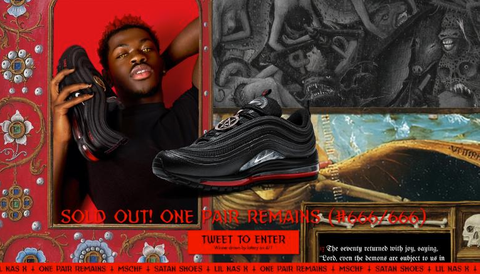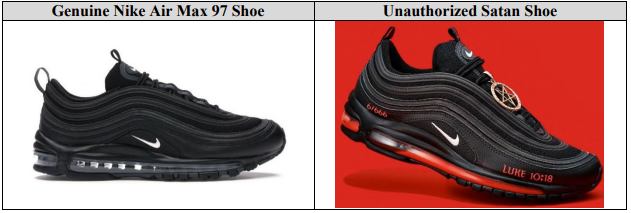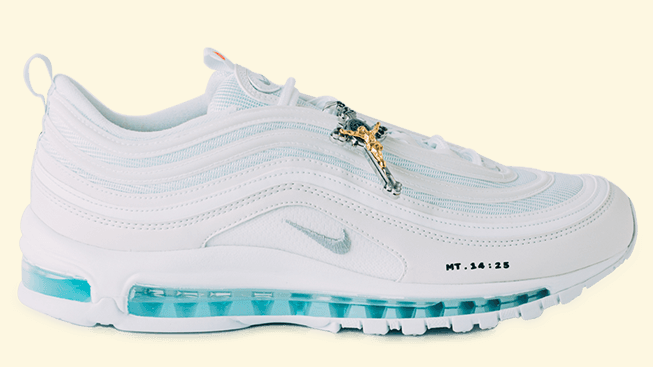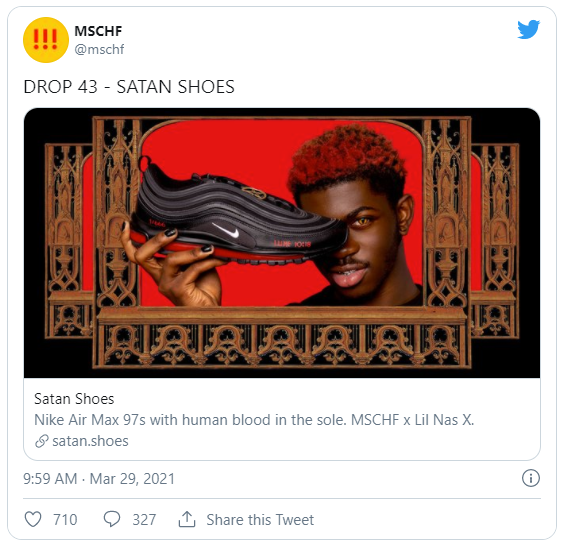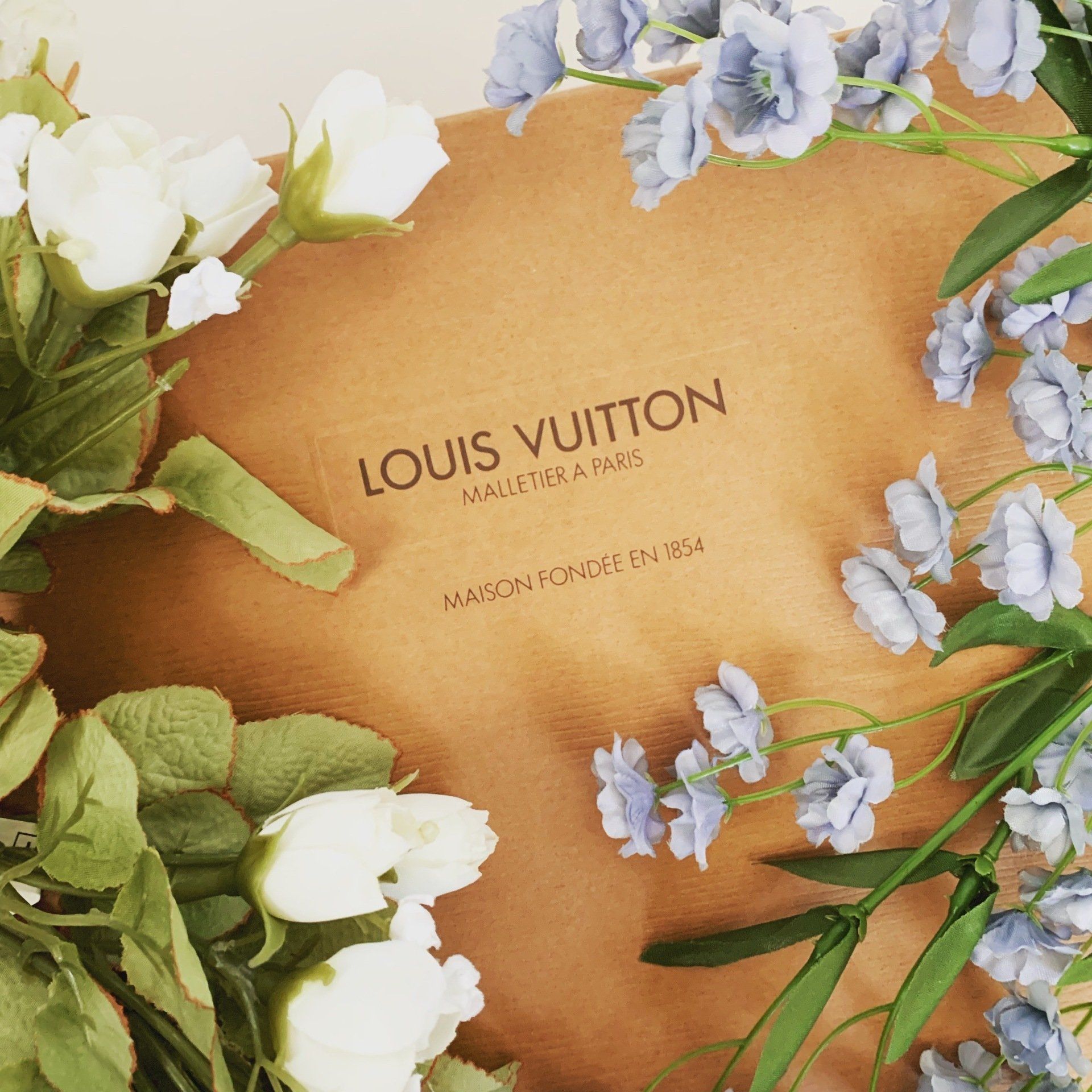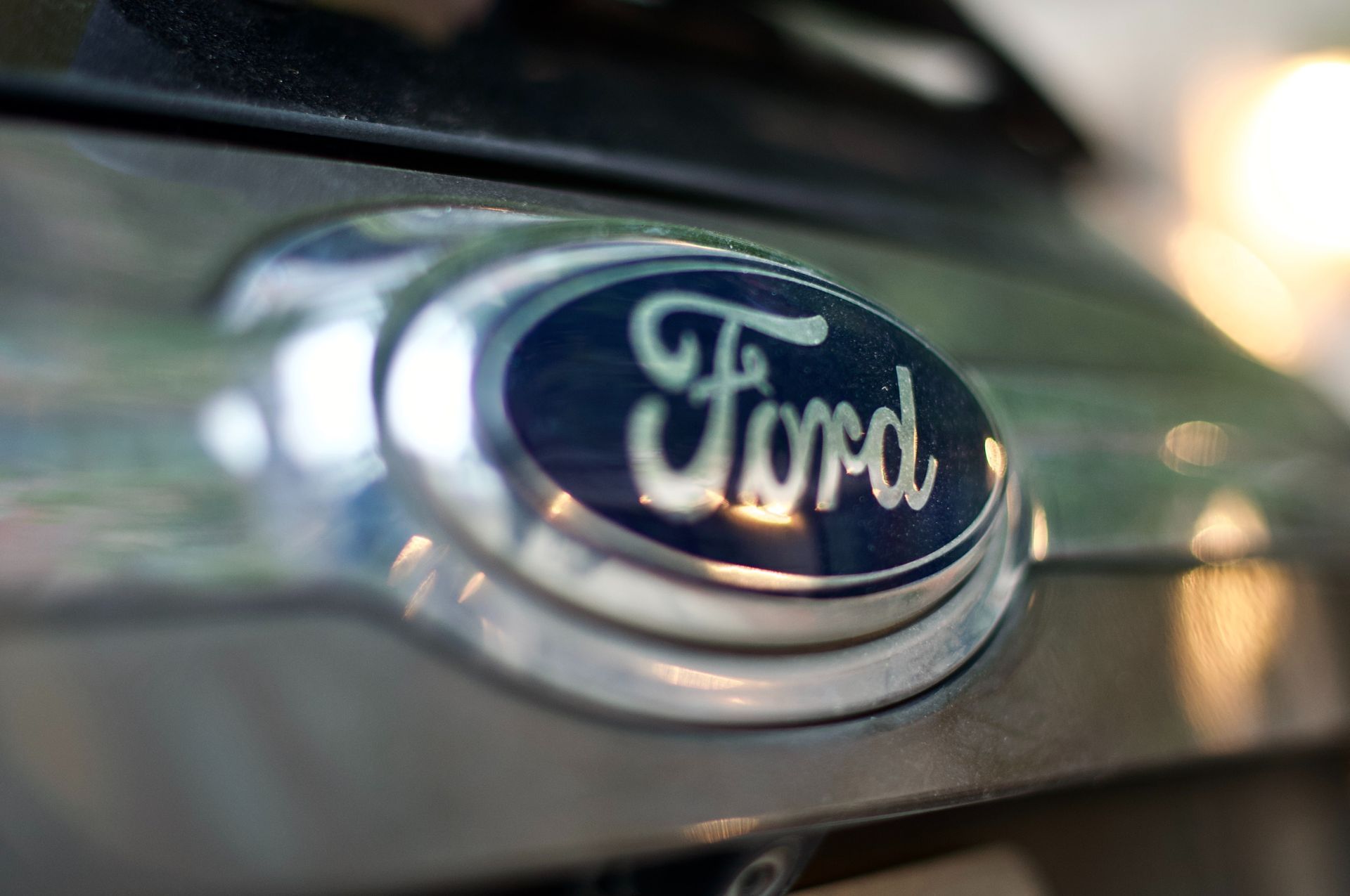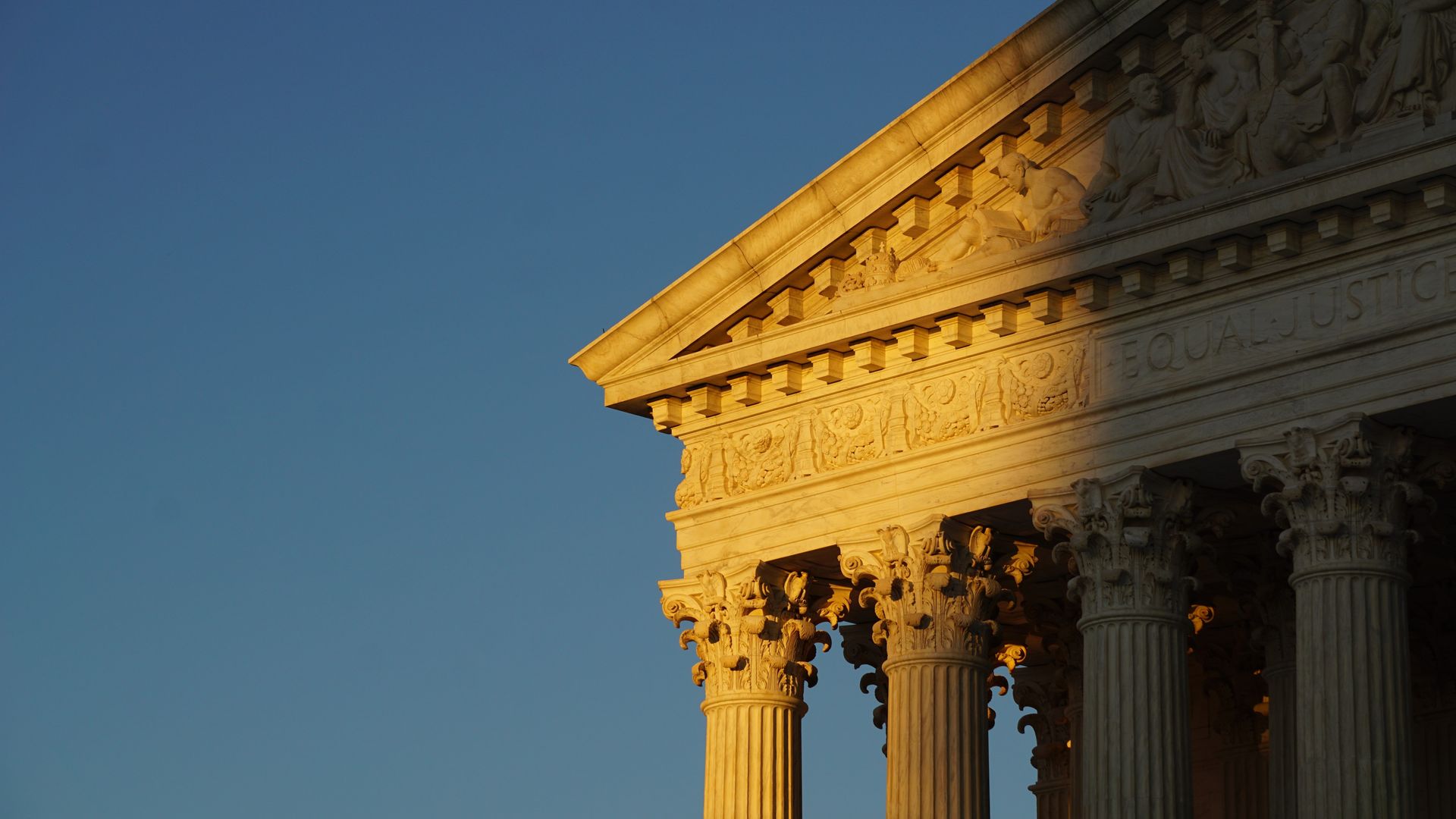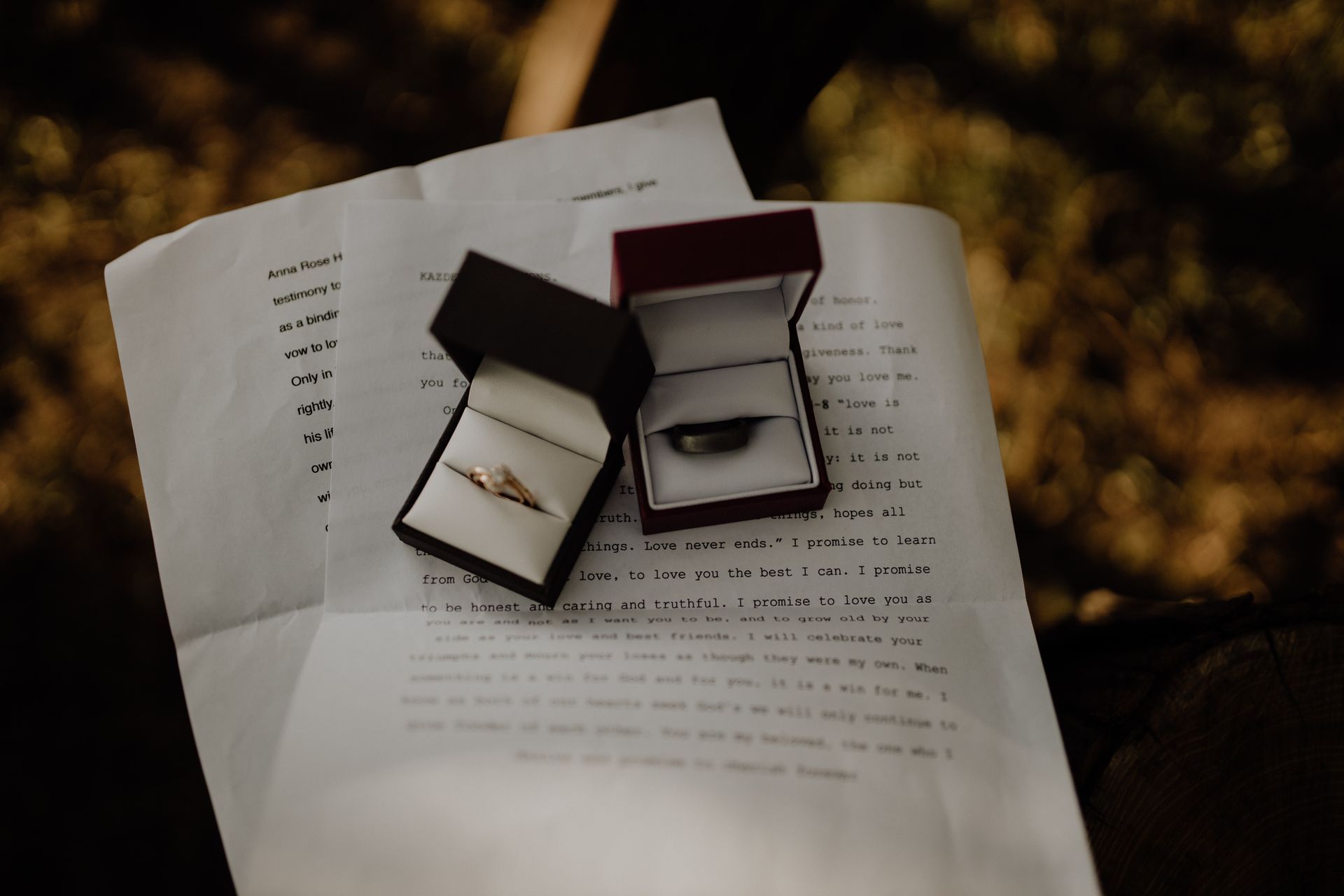Nike Inc. v. MSCHF: A Trademark Suit of Biblical Proportions
Nike is suing a third party streetwear brand for trademark infringement for their release of "Satan Shoes" in collaboration with Lil Nas X.
In this instance quantity is the issue. It was not just one or two pairs of shoes that someone modified and were resold, it was hundreds of shoes that were sold, (666, remember). It was an organized, sophisticated, mass production of goods being sold to the point that people thought Nike was involved.
Associating “bloody shoes” with Cardi B may be a thing of the past now that Lil Nas X partnered with a third party streatwear brand company, MSCHF (pronounced “Mischief”), to promote his “Satan Shoes” which are modified Nike sneakers containing a drop of human blood.
After announcing his partnership in releasing the limited edition shoes, correlating with the release of his latest single, Montero (Call Me By Your Name) music video, it stands to reason that Nike didn’t like the negative attention and public backlash associated from the “Satan Shoes.” Calls for boycotting the brand were quick and harsh.
Initially only making a statement that they had nothing to do with the shoes, Nike is now suing MSCHF for trademark infringement. The matter brings to light trademark issues and the fine line between artistic expression and infringements of ones brands.
The shoes in question are modified black and red Nike Air Max 97 sneakers that include a bronze pentagram charm and a drop of human blood in the mid-sole from a staff member of MSCHF. To add to the satanic theme, only 666 pairs were made available, and the price, $1,018, correlates to the Bible verse Luke 10:18, “I saw Satan fall like lightning from heaven,” also referenced on the shoe itself.
The company also released a pair of custom-made "Jesus Shoes" in 2019 filled with Holy water drawn from the River Jordan and an adornment of a crucifix to far less fanfare.
Publicity for the shoes and third-party company has skyrocketed and the shoes sold out in under a minute. MSCHF is known for their “drops” of satirical and avant-garde art projects. Recent drops from the collective have included:
- ripping apart Hermes Birkin bags to create sandals (which were priced between $34,000 and $76,000);
- buying 2024 Presidential Campaign URLS for possible candidates, offering shares to the public, and once they sell, offering a cut of the shares once they are sold. URLs/Candidates offered included Kanye West, Mike Pence, Oprah, and Meghan Markle; and
- a mashup of iconic scents: Chanel No. 5 and Axe body spray, perfectly named Axe No 5.
In their lawsuit Nike asserts that ”as an innovative brand that strives to push the envelope and do the right thing, Nike knows it may not please everyone all of the time. But decisions about what products to put the SWOOSH on belong to Nike, not to third parties like MSCHF.”
Nike is requesting that the court “immediately and permanently stop MSCHF from fulfilling all orders for its unauthorized Satan Shoes,” and that “using the Nike [trademarks] and/or confusingly similar marks in a manner that is likely to cause consumers and potential customers to believe that MSCHF’s Satan Shoes are associated with Nike, when they are not.”
Legal Matters at Hand:
For MSCHF’s defense:
First-Sale Doctrine:
First-sale doctrine is a legal concept in which a purchaser of a copyrighted work can treat that copy they bought in any way they desire as long as the copyright owner’s exclusive rights are not infringed. The copy can be rented, given away, sold, or destroyed. Essentially, once you buy something, you can do what ever you want to it, and MSCFS previous drops have done this, specifically with the destruction and repurposing of Birkin Bags.
Material Alteration of Mark:
The alterations that include the bronze pentagram, bible verse, new sock liner, and drop of blood alter the overall appearance of the shoe. These alterations are likely going to influence the purchasing decisions of the consumer. Even at it is alter state, the show is still recognizable as a Nike brand shoe.
Parody:
Under the fair use doctrine, MSCHF can use the defense that their customized shoes were for the purposes of “a humorous form of social commentary and criticism in which one work imitates another.” Judges typically evaluate fair use claims on a case-by-case basis and by the unique circumstances of each.
In Nike’s Defense:
Trademark Infringement:
Trademarks are a company’s signature and depend upon the trust and good faith people place in them. Few things are as recognizable as the Nike “swoosh,” and Nike “word mark.” Nike is stating that the shoes may “cause confusion and dilution and create an erroneous association between MSCHF’s products and Nike," adding that only Nike has the right to decide "what products to put the 'swoosh' on." Having the association with the “Satan Shoes” is diluting and tarnishing the brand’s value.
Dilution of Tarnishment:
Passed in 1996, the Federal Trademark Dilution Act (FTDA), “creates a federal cause of action to protect famous marks from unauthorized use; to prevent others from trading upon the goodwill and established renown of such marks; and to prevent dilution of the distinctive quality of such marks.”
The intention of the FTDA is to prevent actual dilution and likely dilution.
The owner of a recognizable mark is entitled to an injunction against anyone who uses a mark or trade name in commerce that is likely to cause dilution of the famous mark – “regardless of the presence or absence of actual or likely confusion, of competition, or of actual economic injury.”
In this case, it is obvious how Dilution of tarnishment can be applied: Consumers were under the impression that Nike was behind the manufacturing and endorsement of the “Satan Shoes.” Due to this confusion, calls for boycott and consumer backlash were immediate.
Now, I know what you are thinking, people customize shoes all the time and resell them, including Nike sneakers. However, in this instance quantity is the issue. It was not just one or two pairs of shoes that someone modified and resold, it was hundreds of shoes that were sold, (666, remember). It was an organized, sophisticated, mass production of goods being sold to the point that people thought Nike was involved. Any average consumer that was not a “sneakerhead” would have been under the impression that Nike endorsed and manufactured the shoes.
As of April 1st, the court granted Nike’s request for a temporary restraining order which blocks MSCHF from fulfilling any of the orders of the sneakers. While it is only a temporary remedy to Nike's suit, judge's typically grant them when there is a likelihood of winning during a hearing. Either way, MSCHF is getting so much publicity from all of the controversy, it is sure to continue to produce their drops like nothing happened, and as they say, there is no such thing as bad publicity.
All information and summaries are intended as informational only regarding legal trends and news. Nothing should be taken as legal advice or legal opinion and readers should seek out advice from legal counsel prior to acting on information provided by this blog.

